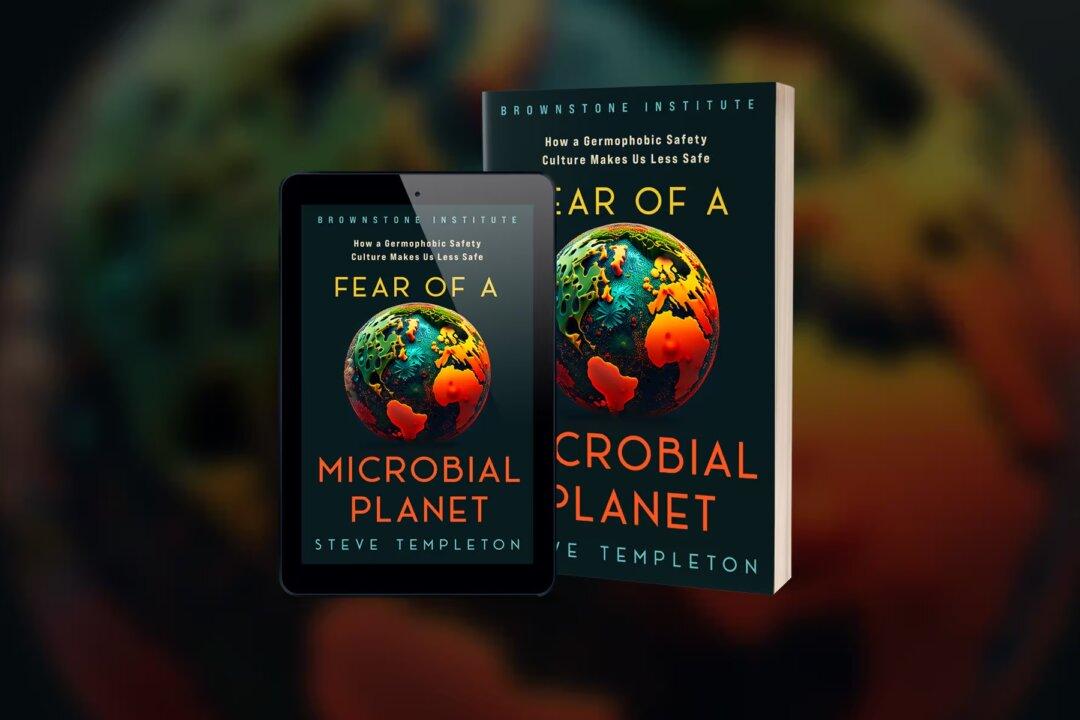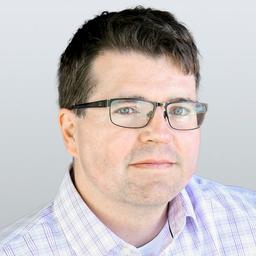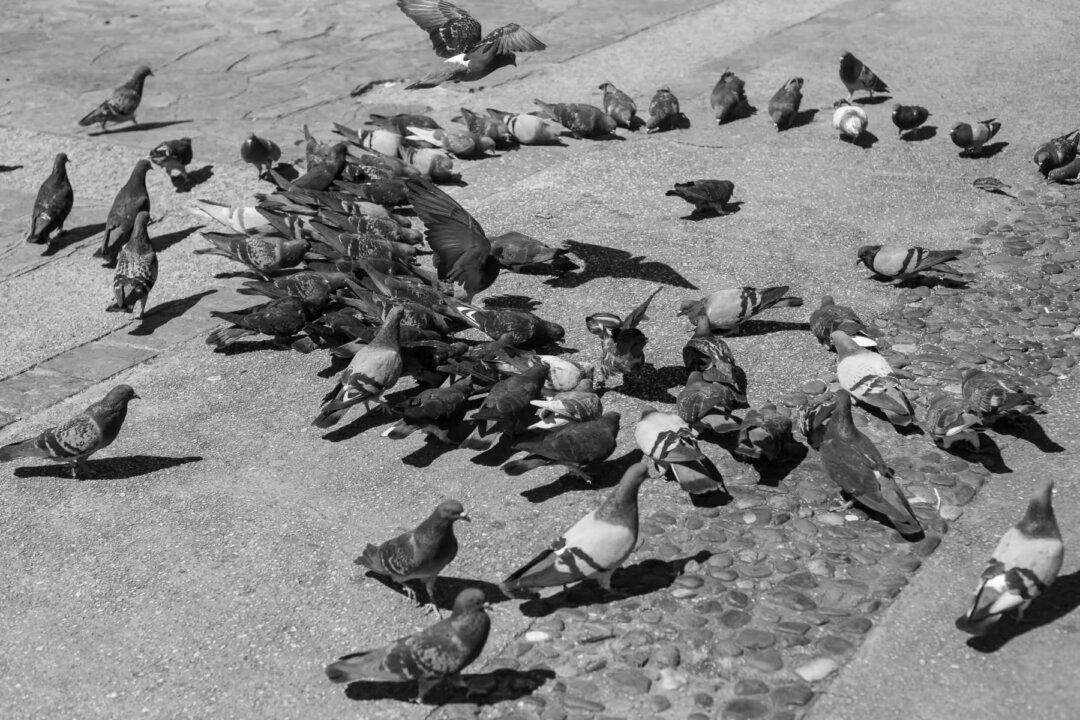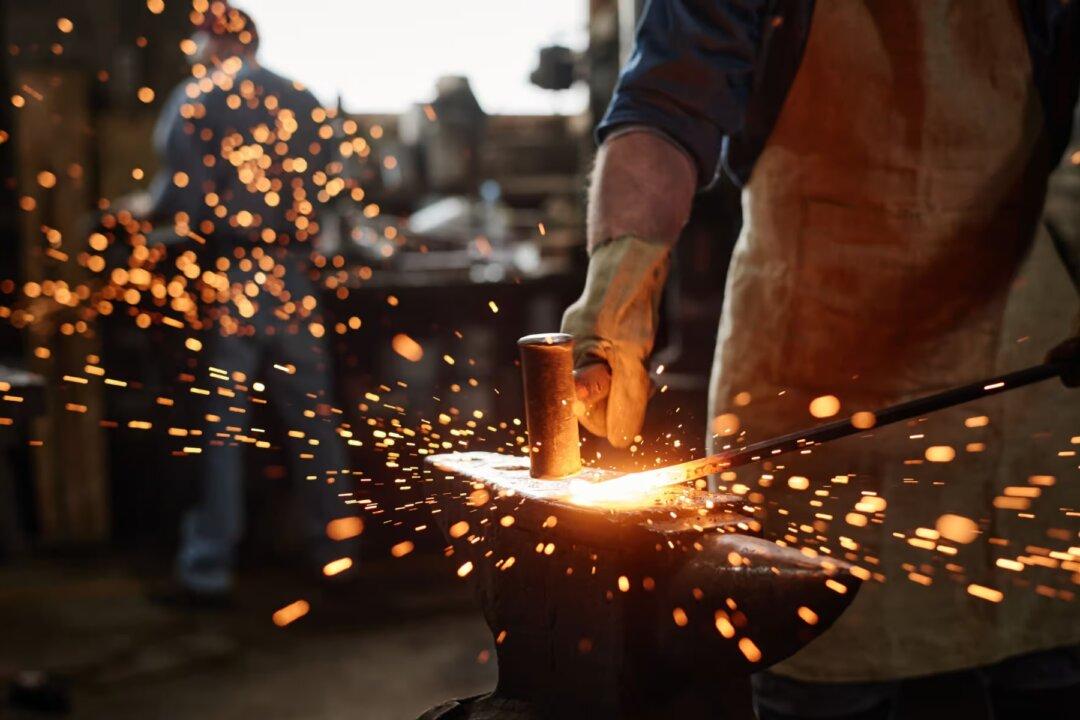“Of course we are trying to keep the mortality rates as low as possible, but at the same time we have to look at the draconian measures you are talking about. Are they going to produce even more deaths by other means than the disease itself? Somehow we need to have the discussion of what we are actually trying to achieve. Is it better for public health as a whole? Or is it trying to suppress COVID-19 as much as possible? Because getting rid of it I don’t think is going to happen: it happened for a short time in New Zealand and maybe Iceland and those kind of countries might be able to keep it away, but with the global world we have today, keeping a disease like this away has never been possible in the past and it would be even more surprising if it were possible in the future.”
Even more impressive was Tegnell’s humility. Several times during the interview he said “we don’t know,” and he qualified many of his answers with uncertain terms such as “seems” and “might.” I thought that was exactly what experts should have been doing all along, communicating nuance and even uncertainty to a terrified public. Either that wasn’t happening at all, or the media was filtering out all the nuance and uncertainty any expert might offer and just went with certain doom.
The book cover of “Fear of a Microbial Planet: How a Germophobic Safety Culture Makes Us Less Safe” by Steve Templeton, published by Brownstone Institute. Brownstone Institute
Commentary
In July of 2020, I was heartened by an interview by Freddie Sayers on Unherd with Anders Tegnell, the architect of Sweden’s COVID response. The interview was full of nuanced and common-sense statements by Tegnell. For example, he pointed out the lack of evidence and precedence for draconian lockdowns and their potential for enormous collateral harm:



